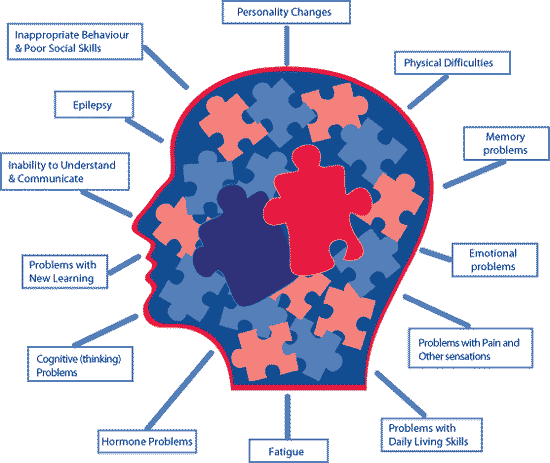Washington: A new study has found that stimulating a specific part of brain with non-invasive electric current, called Transcranial Magnetic Stimulation, could boost a person’s memory.
Senior author Joel Voss at Northwestern University Feinberg School of Medicine said that the study showed for the first time that memory functions of the brain in adults could be specifically changed without surgery or drugs. It had tremendous potential for treating memory disorders.
Scientists recruited 16 healthy adults ages 21 to 40. Each had a detailed anatomical image taken of his or her brain as well as 10 minutes of recording brain activity while lying quietly inside an MRI scanner. Doing this allowed the researchers to identify each person’s network of brain structures that are involved in memory and well connected to the hippocampus.
Each participant then underwent a memory test, consisting of a set of arbitrary associations between faces and words that they were asked to learn and remember. After establishing their baseline ability to perform on this memory task, participants received brain stimulation 20 minutes a day for five consecutive days.
They also received additional MRI scans and tests of their ability to remember new sets of arbitrary word and face parings to see how their memory changed as a result of the stimulation. Then, at least 24 hours after the final stimulation, they were tested again.
At least one week later, the same experiment was repeated but with a fake placebo stimulation.
Both groups performed better on memory tests as a result of the brain stimulation. In addition, the MRI showed the stimulation caused the brain regions to become more synchronized with each other and the hippocampus.
The discovery opens a new field of possibilities for treating memory impairments caused by conditions such as stroke, early-stage Alzheimer’s disease, traumatic brain injury, cardiac arrest and the memory problems that occur in healthy aging.






Leave a reply